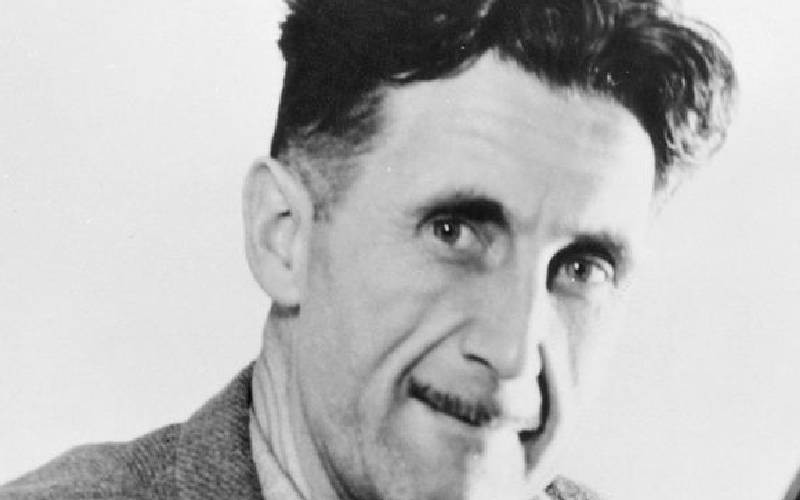
George Orwell is better known for his book "Animal Farm," where he satirically suggested that "war is peace," a theme also present in his less-known work, "1984." Orwell, whose real name was Eric Arthur Blair, provided insights into the nature of man that may have originated from his diverse life experiences.
He served as a policeman in Burma, fought in the Spanish Civil War, and pursued careers as a teacher and journalist. Born in Bengal, India, Orwell's unique perspective on human nature was undoubtedly influenced by the varied chapters of his life.